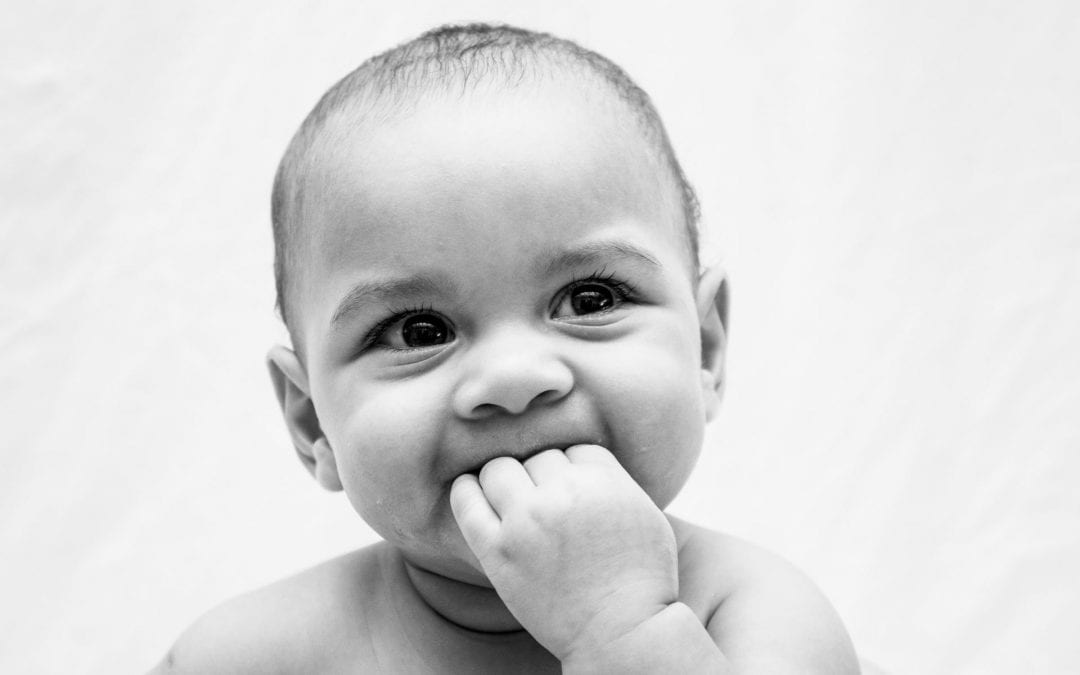Six hundred babies and their whānau are being recruited for an innovative new sleep study in Aotearoa.
The Moemoeā study, funded by A Better Start National Science Challenge, will provide babies and their families with a sleep intervention toolkit to test over six months to determine what components help to improve an infant’s sleep and wellbeing.
Sleep is increasingly being studied as a major influencer on children’s weight, food choices, behaviour, mental health and overall wellbeing.
Professor Rachael Taylor, one of the lead researchers on the Moemoeā study, says the first 90 babies and their whānau have been recruited to trial the sleep tools, and around 600 are expected to be on board within the next few weeks.
Babies must be aged between 2-12 months to take part, and are being recruited with their families through three Māori health providers – National Hauora Coalition in Auckland, Centre for Health in Tauranga, Murihiku in Southland, and Whānau Āwhina Plunket – as well as social media and the Moemoeā website.
Families will be assigned to one of eight study groups, trialling some or all of the three components of the Moemoeā sleep toolkit to determine which makes the biggest difference to sleep and wellbeing.
The components include Rongo (which promotes whānau time and aims to empower families to find ways of creating the right kind of setting within the home to make it easier to settle and sleep), Uru (introduction of rituals designed to help children, babies and their parents settle and sleep well), and Whānau Support (which seeks to support and empower whānau through identifying their existing strengths as a family, as well as providing examples of other places and spaces that can support them).
The tools have been co-developed with researchers, whānau and service providers over the past 18 months, and incorporate relevant cultural values and traditions to frame evidence-based knowledge and methods.
“We’re aiming to use the best of both knowledge systems to develop new understandings and models for sleep,” says Dr Justine Camp (Kai Tahu), who is co-leading the study with Professor Taylor and Associate Professor Rose Richards (Samoan) at the University of Otago.
The study will use a Multiphase Optimisation Strategy (MOST), which enables researchers to test how good each component of the sleep toolkit is by itself, and when combined with the other components.
Researchers hope to have a refined version of the sleep toolkit ready for wider distribution later in 2023.
- Interested in taking part in the Moemoeā study? Visit moemoeasleep.co.nz to see if you are eligible.
Photo credit: Luwadlin Bosman/Unsplash

